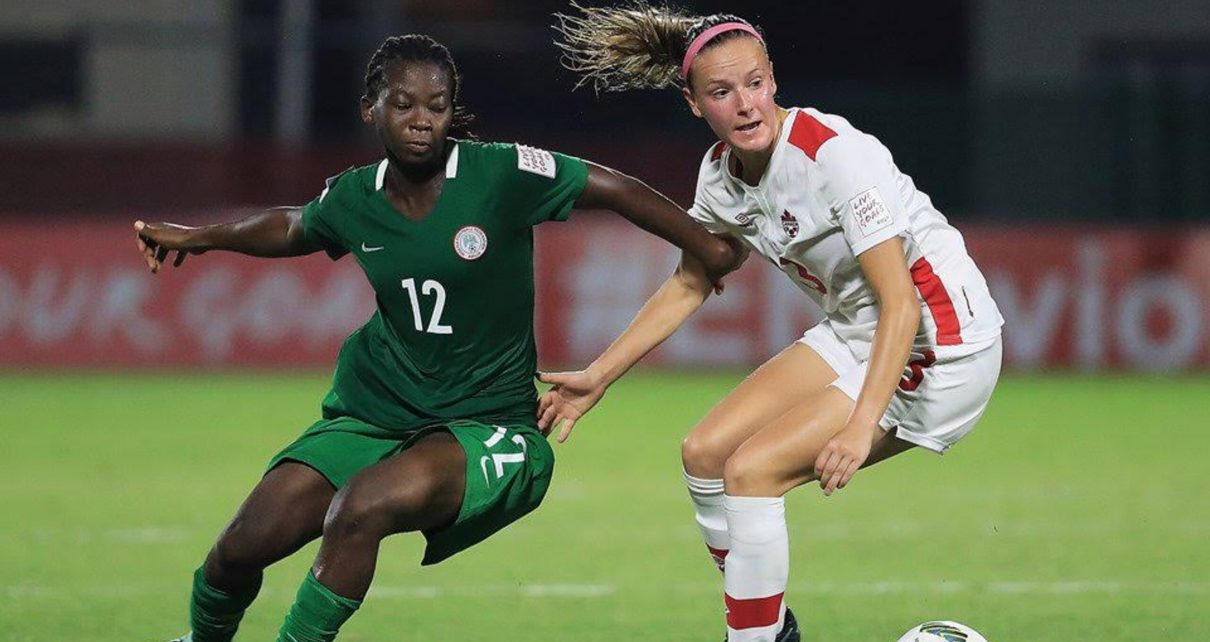There will be more African teams in this year’s Women’s World Cup finals in Australia and New Zealand, which might theoretically boost the continent’s chances of doing well, but in reality, those teams may be lucky to go through the first round.
There will be 32 teams total, with four coming from Africa, up from three in the previous two tournaments. However, the other four African teams—Morocco, Nigeria, South Africa, and Zambia—are not anticipated to make as much of an impression as Morocco did in the men’s tournament in Qatar in 2017.
Nigeria’s 1999 Women’s World Cup quarterfinals run is still the continent’s greatest performance.
Only four African teams out of 16 total have advanced past the group stage in the Women’s World Cup: Nigeria in 1999 and 2019, and Cameroon in 2015 and 2019.
Despite these two recent successes, Africa still has a long way to go before its women’s team is competitive with teams from other areas.
“There remains a significant gap that will still take a generation or two to properly catch up,” says Danny Jordaan, president of the South African Football Association, who aims to further bridge the divide by winning a bid to host the World Cup in four years’ time.
South Africa is returning for a second straight finals appearance, while Morocco and Zambia are making their first appearances.
On the other hand, Nigeria maintains their streak of final appearances at nine.
However, Nigeria is no longer the undisputed king of African women’s football. They were eliminated in the semifinals of the Women’s Africa Cup of Nations, which served as a qualifier for the 2023 World Cup in Australia and New Zealand.
Instead, the final was won by South Africa, who upset the hosts, Morocco.
South African coach Desiree Ellis told Reuters, “We’ve got to look at how our players have matured tremendously over the last four years, and hopefully that can carry us through, but it’s not going to be easy.”
Reynald Pedros, Morocco’s coach, has been sharing the same upbeat tone. The national squad is solid and unified. The Frenchman said that his team had “prepared well physically and mentally” for the World Cup.
To have any sort of influence against the dominant teams from Europe and the Americas, Africa would need to pull off some shocking victories and shake up the status quo.


